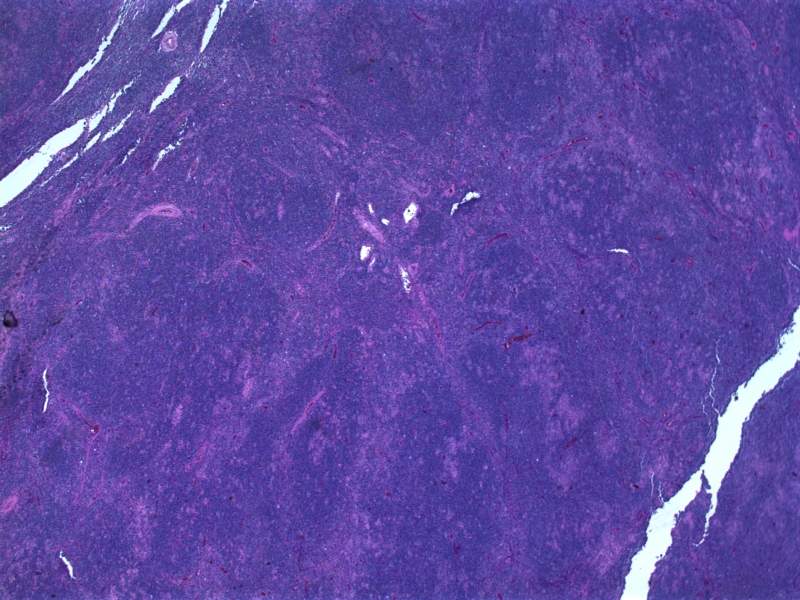
BeiGene has dosed the first patient in a Phase II clinical trial of tislelizumab to treat patients with relapsed or refractory mature T-cell and natural killer (NK) cell lymphomas.
The open-label, multi-centre trial aims to evaluate the efficacy and safety of tislelizumab in around 90 patients who had previously received appropriate first-line systemic therapy and experienced disease progression.

Discover B2B Marketing That Performs
Combine business intelligence and editorial excellence to reach engaged professionals across 36 leading media platforms.
The patients are expected to be enrolled in Greater China, including Hong Kong, as well as Taiwan, Italy, Germany, France and the US.
As part of the trial patients will be given 200mg of tislelizumab every three weeks in each of the trial’s two histological cohorts.
One of the cohorts will include patients with relapsed or refractory extranodal NK/T cell lymphoma (nasal or non-nasal type).
The second cohort will comprise patients with other mature T-cell neoplasms, limited to histologies, including peripheral T-cell lymphoma not otherwise specified (NOS), angioimmunoblastic T-cell lymphoma, and anaplastic large cell lymphoma.

US Tariffs are shifting - will you react or anticipate?
Don’t let policy changes catch you off guard. Stay proactive with real-time data and expert analysis.
By GlobalDataThe trial’s primary efficacy endpoint is objective response rate as determined by independent central review.
Secondary endpoints of the trial are duration of response, progression-free survival, overall survival, rate of complete response or complete metabolic response, and time to response.
BeiGene Hematology chief medical officer Jane Huang said: “We believe that patients with relapsed or refractory mature T-cell and NK-cell lymphomas represent a significant unmet need.
“There are no currently approved treatments for the majority of mature T-cell lymphomas, in particular extranodal NK/T-cell lymphomas.
“We believe that these virally associated diseases represent logical targets for checkpoint inhibition and we are excited to evaluate tislelizumab as a potential treatment option for these patients.”
Tislelizumab is an investigational humanised monoclonal antibody belonging to a class of immuno-oncology agents called immune checkpoint inhibitors.
It is capable of binding PD-1, a cell surface receptor that plays an important role in downregulating the immune system by preventing the activation of T-cells.





